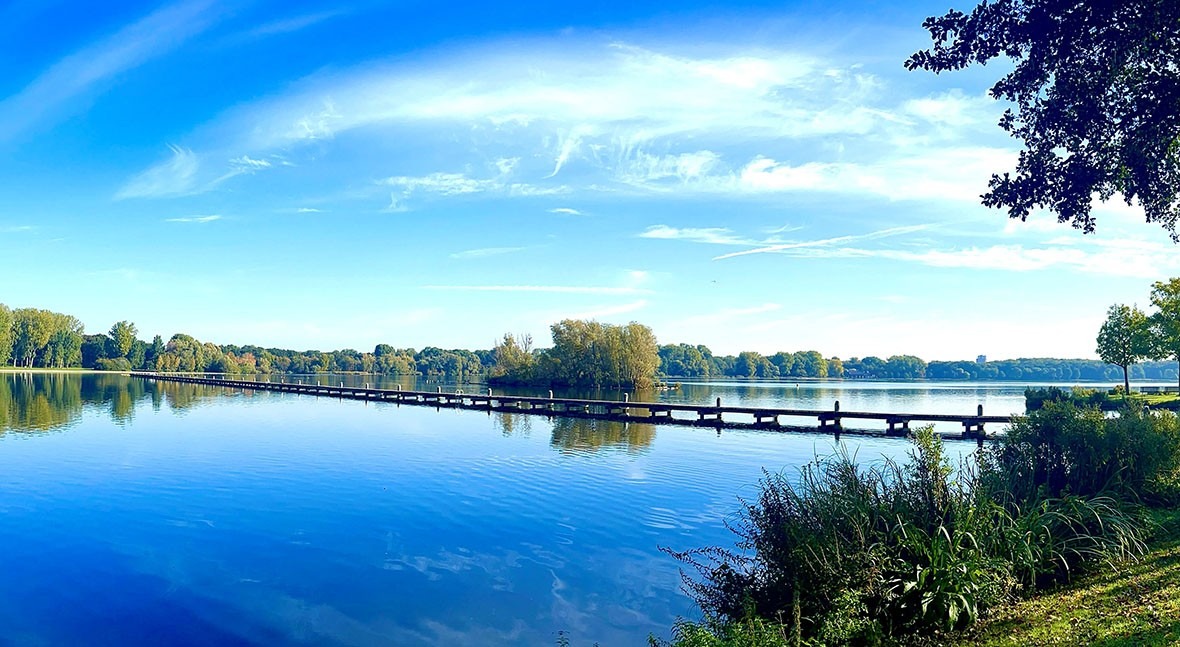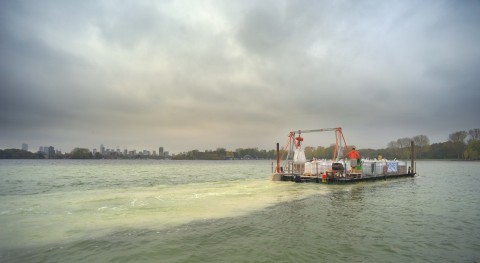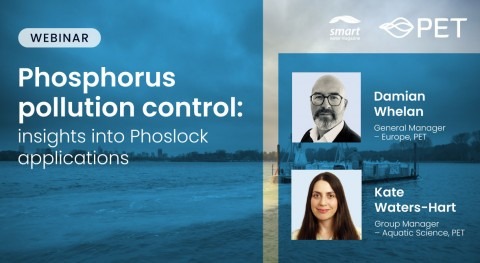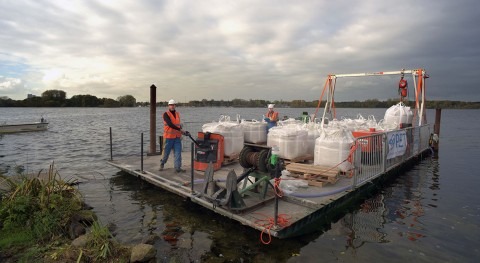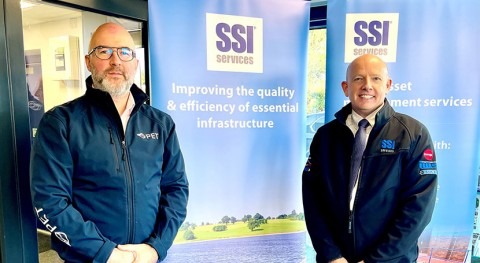Phoslock® is a proprietary technology originally developed by the CSIRO that removes excess phosphate from waterbodies safely and permanently.
Lachlan McKinnon, Managing Director and CEO of Phoslock Environmental Technologies (PET), says deteriorating water quality is a major global problem.
“Many fresh waterbodies around the world have high phosphate loads due to factors such as increased urbanisation, agricultural run-off, high pollution levels and climate change,” he explained.
“Excess nutrient levels result in undesirable symptoms which ultimately lead to the loss of a biodiverse freshwater habitat.”
“Phoslock is quite amazing – it binds with phosphorus in the water column and released from lake sediments, settling it in an environmentally benign state.
“Once it is bound, it cannot be re-released into the water again.”
Phoslock is a formulation of bentonite (clay) and lanthanum, a naturally occurring rare-earth element which binds with phosphate to form an insoluble and biologically inert naturally occurring mineral.
More than 300 Phoslock applications have been made around the world
It has been assessed extensively by independent experts as having distinct advantages over competitive treatments.
PET’s General Manager for UK and Europe, Damian Whelan, says that phosphorus entering waterways has been happening naturally for centuries.
“However, the increasing effects of climate change and the activities of industry, utility, agriculture, and population growth are challenging the resilience of our waterways,” he explained.
“Freshwaters that have previously been resilient to the impacts of nutrient pollution are now showing symptoms, with water quality and biodiversity under threat.”
“Using multiple techniques, including proven treatment solutions, like Phoslock, will drive sustainable outcomes for the remediation of our freshwater habitats.”
“More than 300 Phoslock applications have been made around the world, with good evidence showing that treatments have aided the recovery of these freshwaters by removing excess phosphorus.”
“Phoslock is applied by mixing the granules with lake water and then applying it over the lake surface as a slurry from a barge or from the shoreline.”
In most situations, 90% of available phosphorus is bound within three hours of application with no toxic effects on humans, animals, fish, and aquatic plants.
Recent applications include Lake Hugh Muntz in Queensland, Ladybird Lake in Austin Texas, Heritage Loch in Glasgow Scotland, as well as to the 100-hectare Kralingse Plas in Rotterdam, The Netherlands – the company’s largest treatment in Europe to date.
“Applications like the one at Kralingse Plas in The Netherlands and at Serpentine Lake in London allow for popular recreational facilities to be utilised by local communities, at the same time ensuring flora and fauna that rely on the waterway can thrive,” he continued.
“It returns the waterbody to a natural, healthy state in an eco-friendly and sustainable way.”


